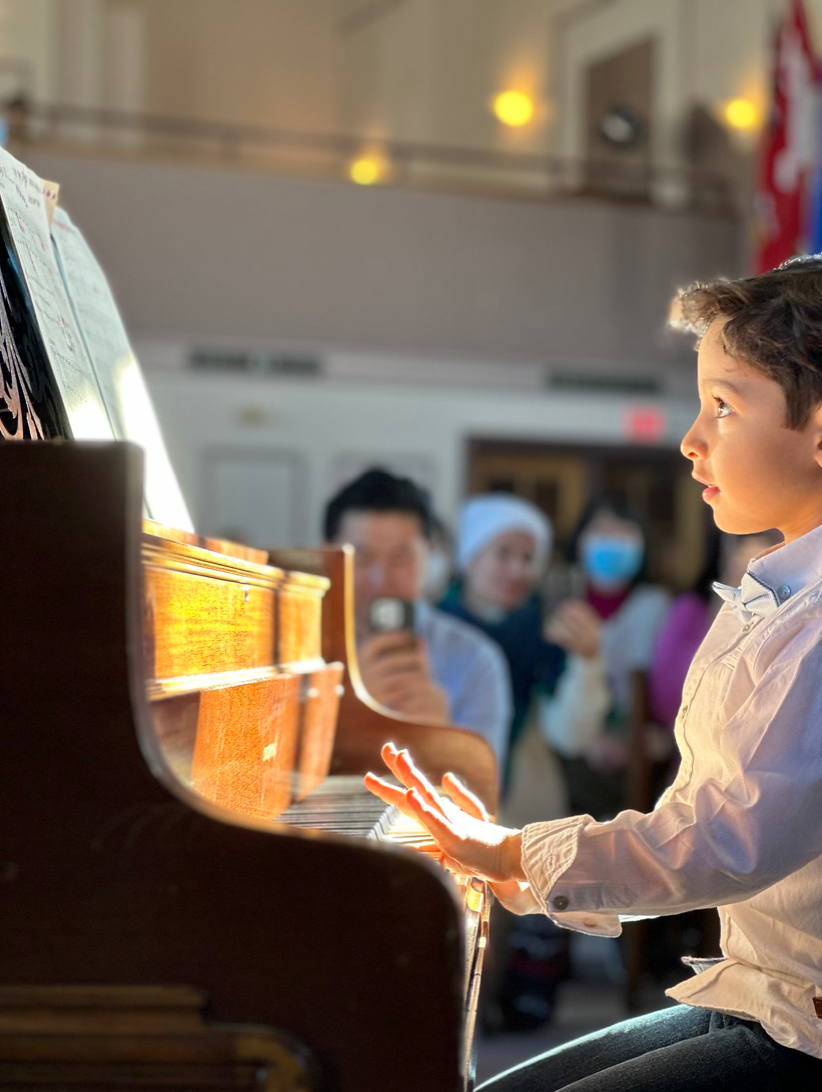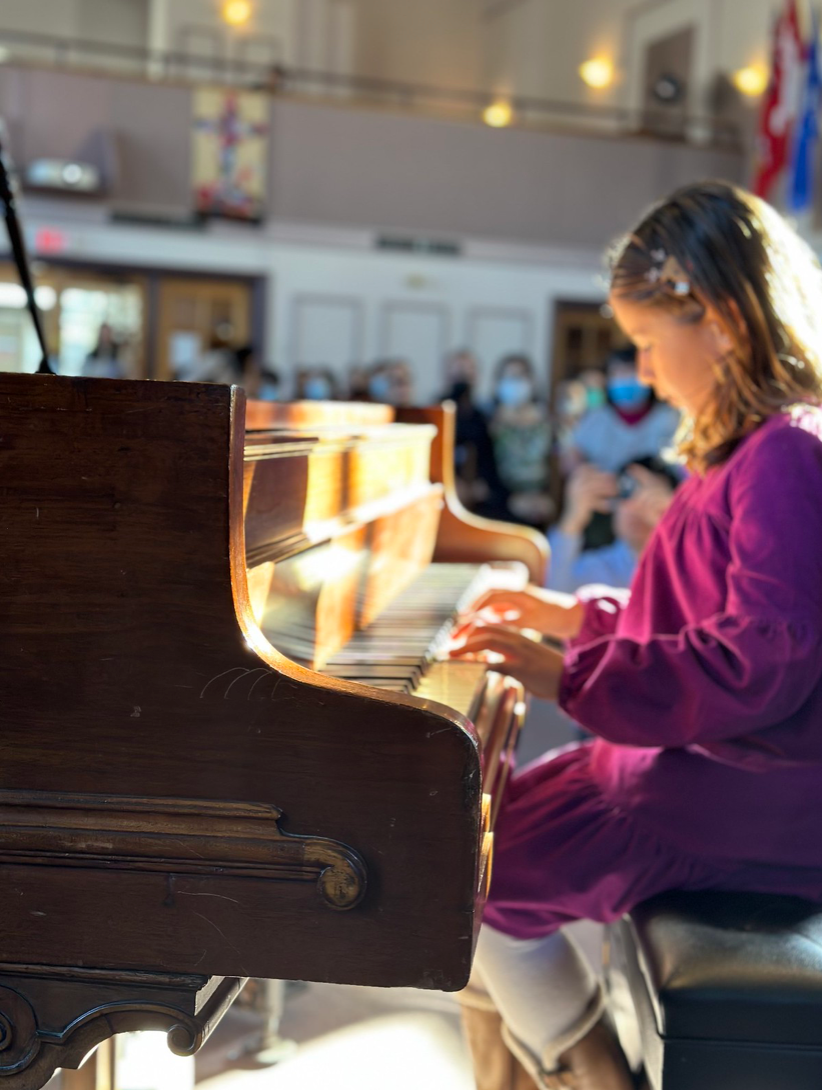Parent’s Do’s and Don’ts for a Successful Recital Experience
- Abigail Natnat
- Nov 7, 2024
- 2 min read
As much as recitals benefit students, the experience can be even more positive with supportive and mindful involvement from parents. Here are some tips to make the most of the recital day, along with examples of how certain actions may impact a child’s sense of accomplishment and their attitude toward music.

Do’s
Attend the Recital and Be Present
Be There in the Moment: Rather than just dropping off your child, go in to watch and support them. Your presence shows that you value their hard work, and it gives them a sense of pride and belonging in the music community.
Create Positive Memories: Sharing these milestone moments with your child helps build lasting memories of achievement and support.
Encourage Positive Preparation
Practice Routine: Help your child develop a regular practice schedule without adding pressure.
Confidence Boosting: Remind them of past accomplishments, affirming they are well-prepared.
Foster a Calm Atmosphere on Recital Day
Be Relaxed and Positive: Children can pick up on your emotions. Stay calm and upbeat to help them feel at ease.
Arrive Early: Give ample time for them to settle in, warm up, and get comfortable.
Show Appreciation for All Performers
Applaud and Encourage: Stay for the entire recital if possible, and cheer for all students to foster a supportive environment.
Provide Constructive Feedback: After the performance, offer praise for their effort and specific aspects you enjoyed.
Don’ts
Avoid the “Drop-Off and Pick-Up” Approach
Be There to Support: Dropping off your child without watching their performance can make them feel that their efforts aren’t truly valued. Attending the recital lets your child know their work is important and celebrated.
Don’t Miss the Community Experience: Recitals are more than individual performances—they’re shared celebrations. Staying reinforces a positive, community-minded outlook.
Don’t Overemphasize Their Own Performance
Focus on Growth, Not Perfection: Help your child see the recital as a stepping stone in their musical journey, not as a test of their worth or talent.
Avoid Pressure: Rather than setting expectations for flawless performance, emphasize the joy of sharing their music.
Don’t Be Distracting During the Performance
Stay Engaged: Avoid using devices or talking during the recital. Show respect to the performer on stage, creating a supportive atmosphere for all.
Avoid Excessive Critiquing
Stay Positive: Refrain from pointing out mistakes immediately after the performance. Instead, focus on the positives and save constructive feedback for another time.
Don’t Compare with Others: Every student has a unique journey, so avoid comparing your child’s performance to others.

Encouraging a Supportive and Community-Minded Approach
Recitals provide students with invaluable experiences that go beyond music, helping them build confidence, appreciate others, and develop a growth mindset. When parents are present and engaged, they show children that these experiences are worth celebrating, fostering pride, motivation, and a community-focused outlook that will enrich their musical journey and beyond.

Комментарии